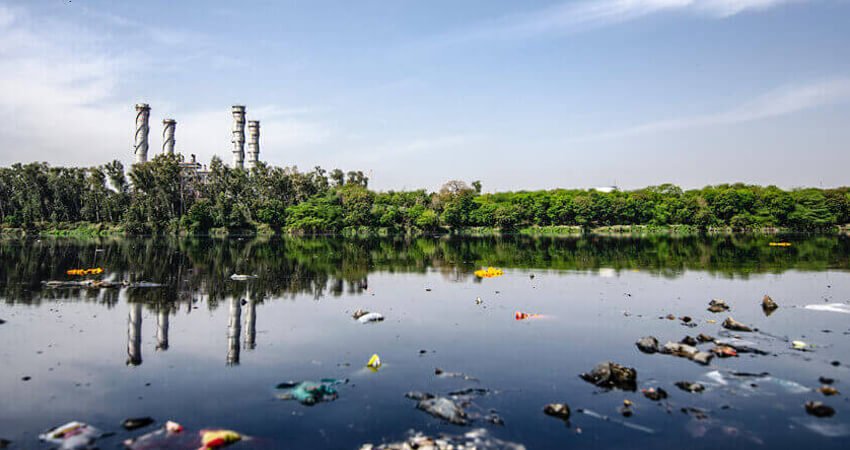Environmental Impact of Plastic Waste

Introduction
Plastic waste has a significant and multifaceted impact on the environment, ranging from widespread pollution of ecosystems to detrimental effects on human health.
Effects on Ecosystems
- Marine Ecosystems: According to a study published in the journal Science, an estimated 8 million metric tons of plastic waste enter the oceans annually, leading to severe consequences for marine life. Plastic waste entangles and suffocates marine animals, and when ingested, it can cause internal injuries and blockages, ultimately leading to death. Additionally, plastics can leach harmful chemicals, such as bisphenol A (BPA) and phthalates, which can disrupt endocrine systems and harm marine organisms.
- Terrestrial Ecosystems: Plastic waste in terrestrial environments can alter soil structure, leading to reduced water infiltration and nutrient cycling. Furthermore, plastic debris can act as a vector for the transport of invasive species, impacting native flora and fauna.
Effects on Human Health
- Direct Exposure: Individuals can be exposed to plastic-associated chemicals through direct contact with products or through the consumption of contaminated food and water. The World Health Organization (WHO) has expressed concerns about the potential health impacts of microplastics, as these particles may carry pollutants and pathogens.
- Indirect Impact: The accumulation of plastic waste in ecosystems can contaminate food chains, potentially leading to the ingestion of microplastics by humans, thereby posing health risks.
Practical Solutions and Strategies
- Reduce, Reuse, Recycle
- Public Awareness Campaigns: Implementation of educational programs to raise awareness about the environmental impact of plastic waste and promote responsible consumption habits.
- Policy Interventions: Enforcement of regulations to reduce single-use plastics and promote the use of sustainable alternatives. Implement extended producer responsibility (EPR) programs to hold manufacturers accountable for the end-of-life management of their products.
Sustainable Alternatives:
- Biodegradable Plastics: Encouragement of the development and use of biodegradable plastics to reduce the persistence of plastic waste in the environment.
- Circular Economy: Promotion of circular economy approach where plastics are designed for reuse and recycling, reducing the demand for virgin plastics.
Waste Management
- Improved Collection and Recycling Infrastructure: Investing in the efficient waste collection systems and recycling facilities to increase the rate of plastic waste recycling.
- Innovation and Research: Supporting of research and innovation in plastic waste management technologies, such as advanced recycling methods and upcycling processes.
Conclusion
The environmental impact of plastic waste is substantial, encompassing ecological degradation and potential health risks. Implementing a combination of strategies, including public awareness campaigns, policy interventions, sustainable alternatives, and improved waste management, is crucial in mitigating this global challenge and fostering a more sustainable future.
